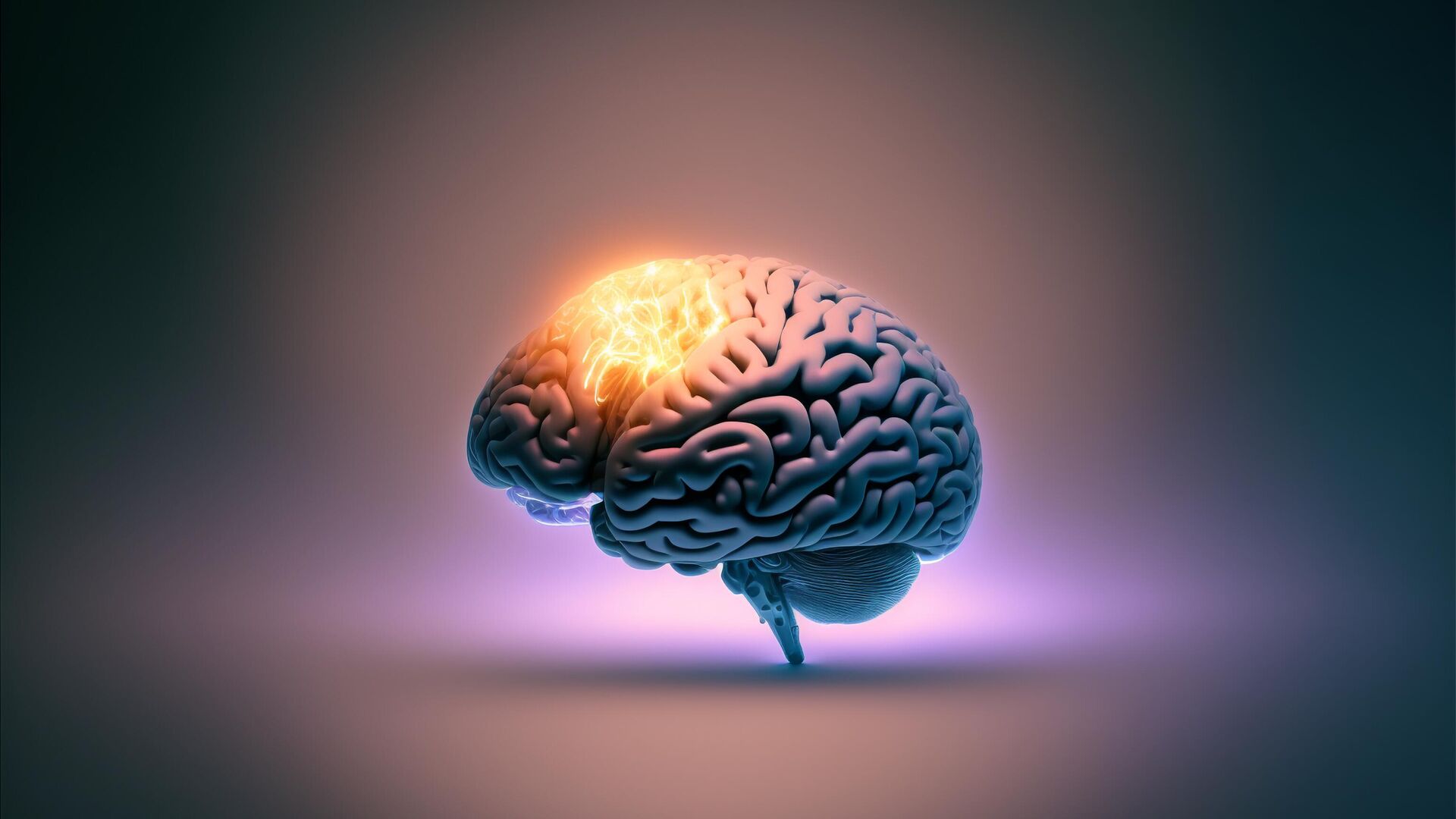Expert Insights: Unlocking Secrets to Preventing Dementia
16:47 29.07.2024 (Updated: 18:16 29.07.2024)

CC0 / Bango Renders /
Subscribe
Dementia affects over 55 million people worldwide, with nearly 10 million new cases each year. Alzheimer's disease is the most common form. Neurological disorders account for over 6% of global disease burden. Early intervention and lifestyle changes can significantly reduce risks, highlighting the importance of awareness and prevention strategies.
Preventing brain health problems, particularly dementia and other chronic neurologic conditions, is crucial in our modern world. To effectively address these challenges, awareness needs to be raised. To gain more insights on the matter, Sputnik Africa sat down with Doctor Wolfgang Grisold, President of the World Federation of Neurology (WFN), and Doctor Yared Zewde, Assistant Professor of Neurology at Addis Ababa University.
Firstly, Doctor Grisold emphasized the importance of inclusivity in the field of neurology.
"We recognize the membership of all income countries—high, low, middle, and low-middle. We aim to be inclusive of countries in need, such as those in Africa," he noted.
The WFN supports four training centers in Africa—Cape Town (South Africa), Cairo (Egypt), Dakar (Senegal), and Rabat (Morocco). These centers have been instrumental in training neurologists, with seven individuals currently in training, which "may not seem large for Africa, but it's a starting point," he added.
"Together, we are stronger, and together we can influence and promote neurology at the level of global organizations," Grisold highlighted.
These collaborative efforts are essential for addressing the unique challenges faced by diverse communities worldwide.
Sub-Saharan Africa faces unique challenges in brain health, exacerbated by economic hardships and natural and human-made disasters.
"One of the main limiting factors is awareness," Doctor Yared Zewde, Assistant Professor of Neurology at Addis Ababa University, pointed out.
Misconceptions about neurodegenerative diseases, strokes, and epilepsy are rampant, leading to stigma and alternative treatments like traditional healers or religious remedies.
"These misconceptions cause patients to be marginalized and limit their access to medical care," he noted.
Healthcare infrastructure in the region is also lacking, making it difficult for patients to access the necessary neurological and neuropsychiatric care.
"Patients have limited access to care, and those with mental health issues or major neurological conditions are particularly affected," Doctor Zewde acknowledged.
He highlighted effective models for preventing brain health issues, particularly dementia and other chronic neurological conditions.
According to the doctor, "consistent and effective preventive models are crucial" in maintaining brain health.
Diet plays a significant role, with the DASH (Dietary Approaches to Stop Hypertension) and MIND (Mediterranean-DASH Diet Intervention for Neurodegenerative Delay) diets showing promising results. These diets emphasize less salt, less sugar, and more vegetables and fruits, with limited alcohol consumption.
Physical exercise is another key factor, as he underlined.
"Regular physical activities, including aerobic and strength exercises, help maintain brain health and cognitive reserve as we age," Zewde explained.
By raising awareness, leveraging digital health solutions, and supporting research advancements, people can make significant strides in preventing major neurological conditions, the doctor emphasized.
